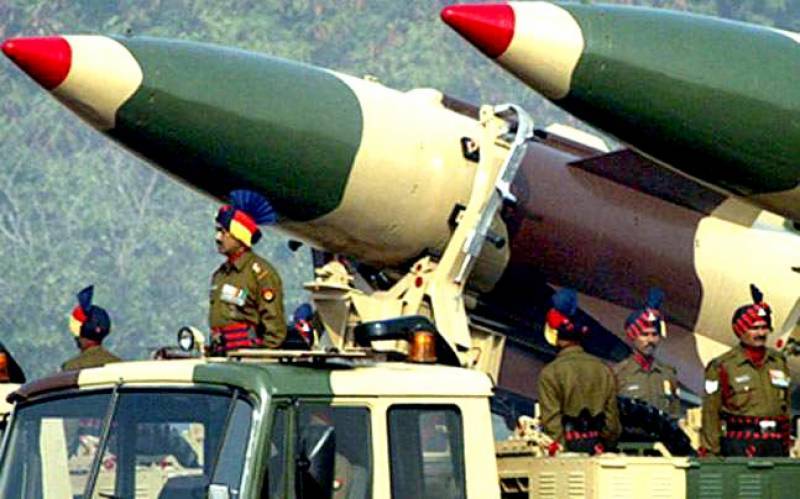Thousands of Chinese businessmen, entrepreneurs influx to land in Pakistan
Shares

SHANGHAI / LAHORE: Zhang Yang, a businessman from Chongqing in southwest China, is searching online forums for fellow entrepreneurs willing to cast aside security concerns and join him on a scouting mission to Pakistan.
Zhang, 48, is one of a growing number of Chinese pioneers, sensing an opportunity across the Himalayas in Pakistan, where Beijing has pledged to spend $57 billion on infrastructure projects as part of its Belt and Road initiative.
Numbering in the thousands, this second wave of Chinese arrivals are following in the wake of workers on Belt and Road projects.
Chinese investors likely interested in taking majority stake in PSX
Some are opening restaurants and language schools, while others are working out what products they could sell to a market of 208 million people, or what goods they could make cheaply in Pakistan to sell around the world.
“A lot of industries are already saturated in China,” said Zhang, who has worked in property, electrical appliances and household goods in China and says he wants to explore the potential for setting up factories or importing Chinese goods.
“Pakistan’s development is behind China, so it will hold better opportunities compared to home.”
But the new arrivals face dangers, creating a headache for Pakistani security officials.
The killing of two Chinese nationals in Balochistan in June highlighted the risks posed by extremists, who may see them as soft targets.
Islamabad does not release immigration data, but a source in the foreign ministry said about 71,000 Chinese nationals visited in 2016.
A senior immigration official added 27,596 visa extensions were granted to Chinese that year, a 41% increase on 2015, suggesting more are staying in the country for longer.
Beijing’s infrastructure splurge has helped revive Pakistan’s sputtering economy and deepening ties between the two nations have turned Pakistan into a key cog in China’s grand plan to build a modern-day Silk Road of land and sea trade routes linking Asia with Europe and Africa.
While the first phase of the China-Pakistan Economic Corridor (CPEC), as the Pakistan leg of this new Silk Road is called, concentrated on infrastructure projects, the second part will focus on setting up special economic zones and integrating Chinese firms into the local economy to help Pakistan develop its industries ranging from mining to agriculture.
China has also surged to become by far the biggest source of foreign direct investment (FDI) for Pakistan, topping $1 billion in 2016-17.
“Pakistan really needs foreign investment and we are not going to miss out on this …,” said Miftah Ismail, Special Adviser to Prime Minister Shahid Khaqan Abbasi. “We won’t let them (militants) mess with the Chinese.”
